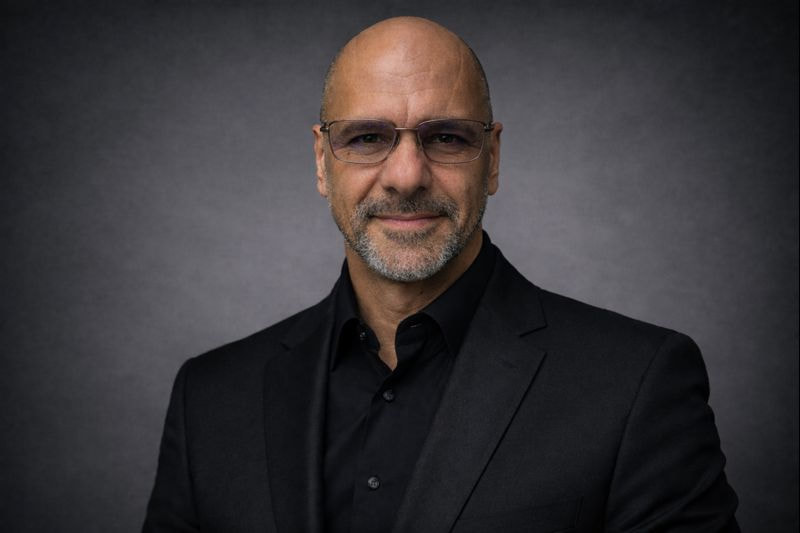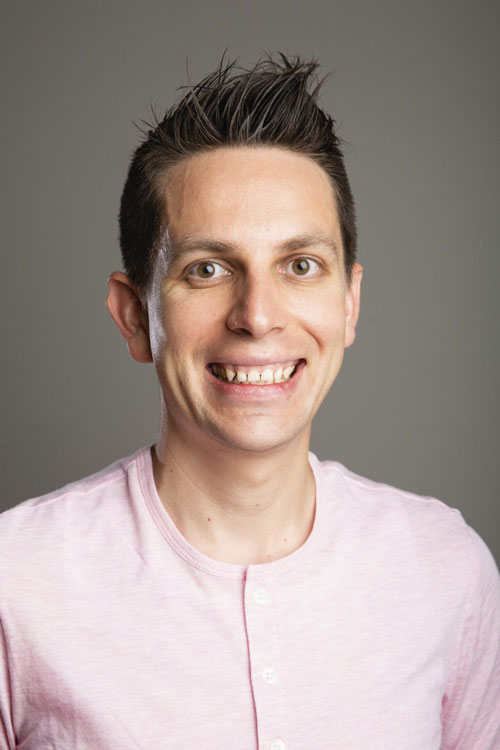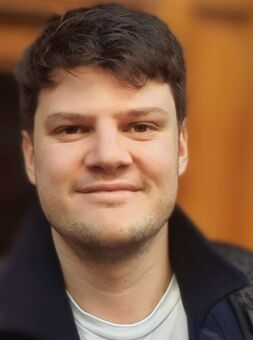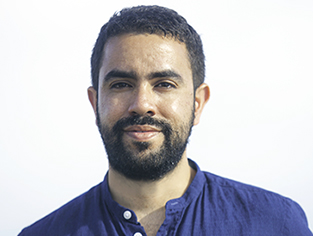PSA Office Hour
The PSA Office Hour aims to facilitate interactions between our graduate student membership and prominent philosophers of science, and in a more controlled, accessible, and carbon-conscious setting than is provided by our biennial conference. In each Office Hour graduate students will be given the opportunity to connect via Zoom to professors working in related areas to troubleshoot problems occurring in their own research or get clearer on that of the professor. The students will select from the following categories that which best describes what they seek from the opportunity:
- Input on dissertation topic choice
- Guidance on a problem occurring in own research
- Clarification on an issue within professor’s research
- Other (please describe)
and be invited to write a short paragraph in which they describe in more detail what they would like to discuss with the professor. Students from any institution, region, or at any stage of their graduate studies are welcome to attend. Where sessions receive more than 6 requests for participation a selection will be made to maximize thematic cohesion and promote resource redistribution.
Office hours will last up to 90 minutes and participants must be current members of the PSA. This opportunity is primarily for graduate students, but postdocs are free to apply as well. There are links to join future sessions, as well as to request / volunteer as a professor at the bottom of this page.
Upcoming Office Hours - 2026
All times 12pm Eastern
March: Philosophy of Physics
James Ladyman, University of Bristol - Friday, March 13th 2026, 12pm EDT

James Ladyman is Professor of Philosophy at the University of Bristol. His research spans general philosophy of science, philosophy of physics, history and philosophy of chemistry, philosophy of mathematics, philosophy of computation and artificial intelligence, and the relationship between biology and physics. He is best known for his work on structural realism and for his contributions to the philosophy of complex systems.
April: Scientific Epistemology
Kareem Khalifa, Pittsburgh / UCLA - Wednesday, April 8th 2026, 12pm EDT
Kareem Khalifa is a professor of philosophy at UCLA (2022-present). Prior to that, he was at Middlebury College in Vermont (2006-2022). Starting in 2027, he will be a professor of history and philosophy of science at the University of Pittsburgh.
His research interests include the general philosophy of science, philosophy of social science, and epistemology. He is currently extending his previous work in these areas to social-scientific conceptions of race, among other projects.
May: Philosophy of Ecology
Karen Kovaka (UC San Diego) and Carlos Santana (UPenn) - Thursday, May 7th 2026, 12pm EDT
Karen Kovaka is an assistant professor of philosophy at the University of California, San Diego.
Her research focuses on the life sciences: biology, ecology, environmental conservation, and forestry. I study disagreements among researchers in these fields, as well as what happens when the science becomes socially or politically controversial. By improving our understanding of how and why people disagree about science, the goal of my research is to help science become better at solving human problems, especially problems of environmental policy and management.
Carlos Santana is a consulting conceptual engineer to the sciences, especially the earth and environmental sciences.
He works with these researchers to identify conceptual, methodological, and value-oriented issues in their sciences, and bring philosophical methods to bear in addressing them.
May: Philosophy of Linguistics
Gabriel Dupre (UC Davis) and Ryan Nefdt (University of Cape Town) - Wednesday, May 20th 2026, 12pm EDT
Gabriel Dupre is an Assistant Professor of Philosophy at the University of California, Davis.
He works in the philosophy of linguistics, at the intersection of philosophy of science, language, and psychology. He received his doctorate in philosophy from the University of California, Los Angeles, in 2019. From 2020-2023, he was a Leverhulme Early Career Research Fellow at Keele University, UK.
His research centers on the ways in which contemporary work in the linguistic sciences deviates from our common-sense, or "manifest", understanding of language, particularly where such everyday pictures of language are incorporated into philosophical theorizing. He aims to identify such empirical assumptions and the role they play in philosophical investigation, proposing alternative philosophical accounts of mind and language which better fit with what we have learned from the sciences.
Ryan Nefdt is a Professor in the Philosophy Department at the University of Cape Town and a Professorial Fellow in the Department of Philosophy at the University of Bristol. He is also a member of the UCT Neuroscience Institute and the new AI Initiative. In his spare time, he serves on the Philosophy of Science Association's International Relations committee, the Holberg Prize committee, and as an Associate Editor of Theoretical Linguistics.
His research interests lie broadly in philosophy of cognitive science with a special focus on theoretical linguistics and AI.
Join Us!
Student Signup Form
Request a Professor
Professor Volunteer Form
Please direct any questions to director@philsci.org
Selected previous PSA Office Hours
January 2024: Feminist Philosophy of Science with Carla Fehr and Alison Wylie
January 2024: Philosophy of Medicine with Anya Plutynski and Sabine Leonelli
October 2023: Philosophy of Biology with Roberta Millstein and Michael Dietrich
October 2023: Philosophy of Evolution with Elizabeth Lloyd
September 2023: Philosophy of Causation with James Woodward
September 2023: Philosophy of Mechanism with Lindley Darden and Arnon Levy
June 2023: Science and Values with Heather Douglas
June 2023: Science and Values with Matt Brown
May 2023: Philosophy of Physics with David Wallace
April 2023: Philosophy of Science with John Norton
September 2024: Philosophy of Climate Science with Wendy Parker and Greg Lusk
October 2024: Careers Spotlight, Clinical Ethics with Dr. Thomas Cunningham
November 2024: Philosophy of Psychology with Carrie Figdor and Sarah Robins
January 2025: Engaged Philosophy of Science with Kevin Elliott and Katie Plaisance
February 2025: Philosophy of Psychiatry with Serife Tekin and Jonathan Tsou
March 2025: Epistemology of Scientific Communities/Social Epistemology with Cailin O'Connor
April 2025: Philosophers of Sciece in Industry: Biotechnology, Medical Affairs, and AI with Mikio Akagi, Suzanne Kawamleh, Nick Zatura, Michael Thornton, Cheryl Lancaster, Grace Field, and Mahi Haradalupus




